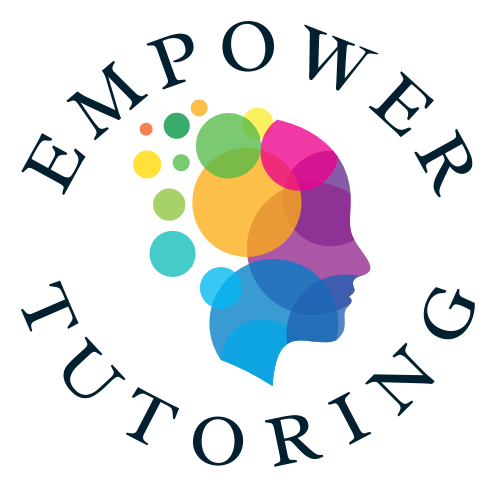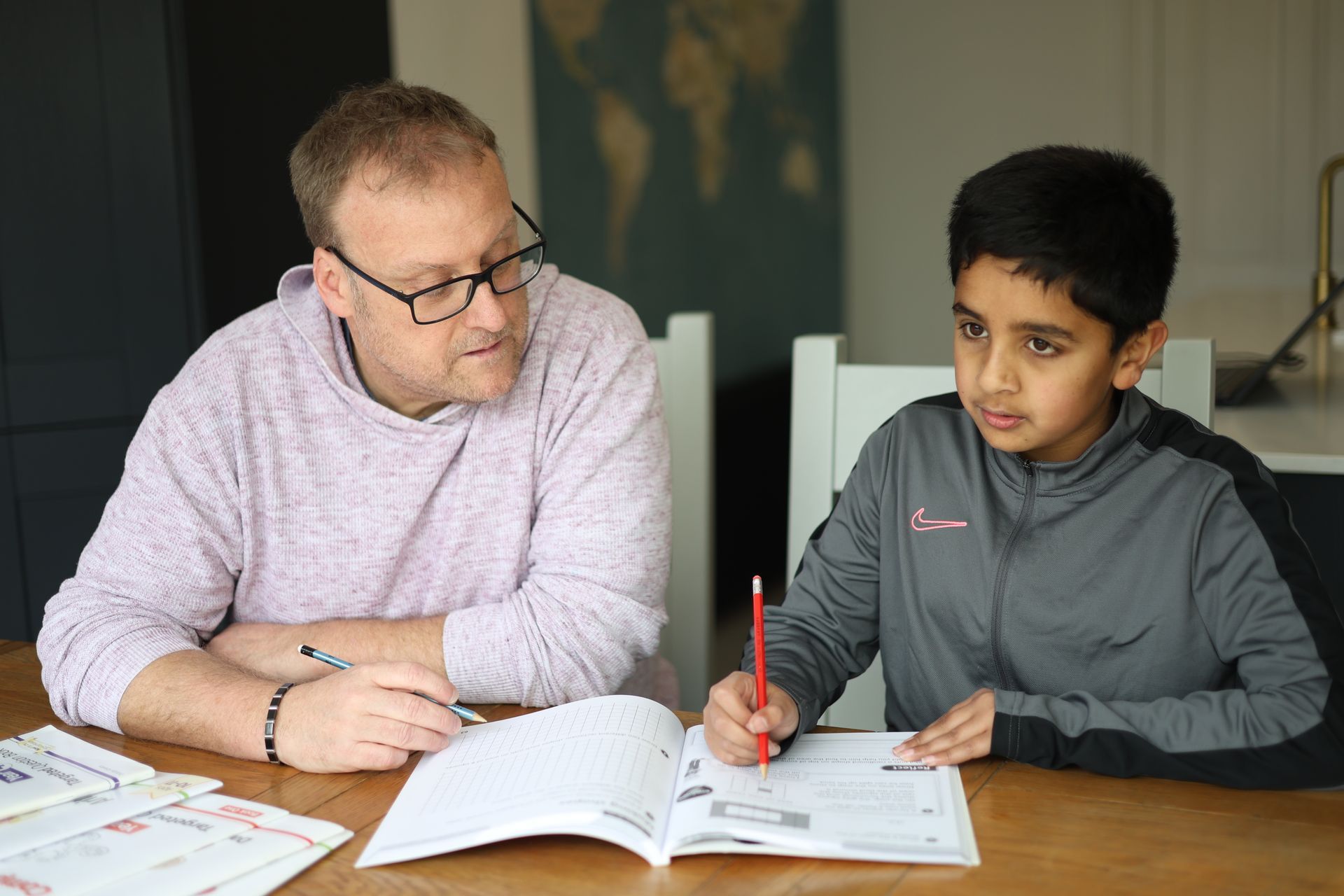How to Keep Learning Going After SATs: Fun & Effective Activities for Year 6 Pupils This Summer
SATs are done and dusted — well done to all the Year 6 pupils who’ve worked so hard! After all that effort, it’s time to celebrate and enjoy a well-deserved break. But while rest is important, keeping the learning momentum going can make a big difference in helping children stay confident and curious before they head off to secondary school.
The good news? Learning after SATs doesn’t have to feel like schoolwork. In fact, the summer holidays are the perfect time to explore fun, creative, and meaningful ways to keep young minds active.
Here are some engaging, low-pressure ideas to help your Year 6 child continue learning this summer — without even realising it!
1. Dive into Books They Love
Reading is one of the easiest (and most enjoyable!) ways to keep brains active. Let your child choose books that excite them — whether it's adventure stories, funny comics, mysteries, or fascinating non-fiction.
Try this:
- Visit the local library and join a summer reading challenge.
- Listen to audiobooks together during car journeys.
- Encourage them to write a short review or draw a scene from each book.
2. Real-World Maths Practice
Maths isn’t just about worksheets — it’s everywhere in everyday life. Use the summer break to show how useful (and fun!) maths can be.
Fun activities:
- Get them to help with measuring ingredients while baking.
- Ask them to budget for a day out or plan a picnic using prices and deals.
- Play games like darts, Yahtzee, Monopoly, or online maths puzzles.
3. Get Creative with Writing
With no pressure from exams or assessments, summer is a great time for children to enjoy writing just for fun.
Ideas to spark creativity:
- Keep a summer journal or write postcards to friends and family.
- Invent a comic book or short story.
- Create a script and film a mini play with friends or siblings.
4. Explore Science Through Nature
Nature offers endless learning opportunities. Whether it’s in the garden, local parks, or the beach, outdoor activities can boost curiosity and scientific thinking.
Try:
- Keeping a nature journal — drawing insects, plants, or birds spotted.
- Creating a DIY weather station or bug hotel.
- Growing something from seed and tracking its progress.
5. Learn a New Skill
The summer holidays are the perfect time to pick up something new — and learning outside the classroom can be just as valuable.
Fun new skills to try:
- Cooking a simple meal from start to finish.
- Learning to type, sew, or do basic DIY.
- Starting a coding project using free tools like Scratch.
6. Keep Talking About Big Ideas
Children at this age love to ask questions and share opinions. Use downtime to chat about interesting topics, current events, or “big questions.”
Good conversation starters:
- “What would you do if you were Prime Minister for a day?”
- “What invention do you think the world needs?”
- “If you could travel anywhere, where would you go and why?”
7. Try Light, Flexible Tutoring
Some families find that a weekly online session can help keep structure in place and fill any gaps before secondary school.
Summer tutoring can:
- Build confidence in key areas like writing or reasoning.
- Prepare for the move to Year 7 with gentle support.
- Keep routines in place with short, engaging sessions.
Final Thoughts
The summer after SATs is a special time — one last stretch of primary school freedom before big changes ahead. While it’s important to relax, keeping learning alive through fun, meaningful activities can help your child head into Year 7 feeling prepared and positive.
Need Support This Summer?
At Empower Tutoring, we offer friendly, flexible summer sessions tailored to each child’s needs — whether they want to boost a skill, stay sharp, or simply enjoy learning again. Get in touch today to find out how we can support your child’s summer learning journey.










